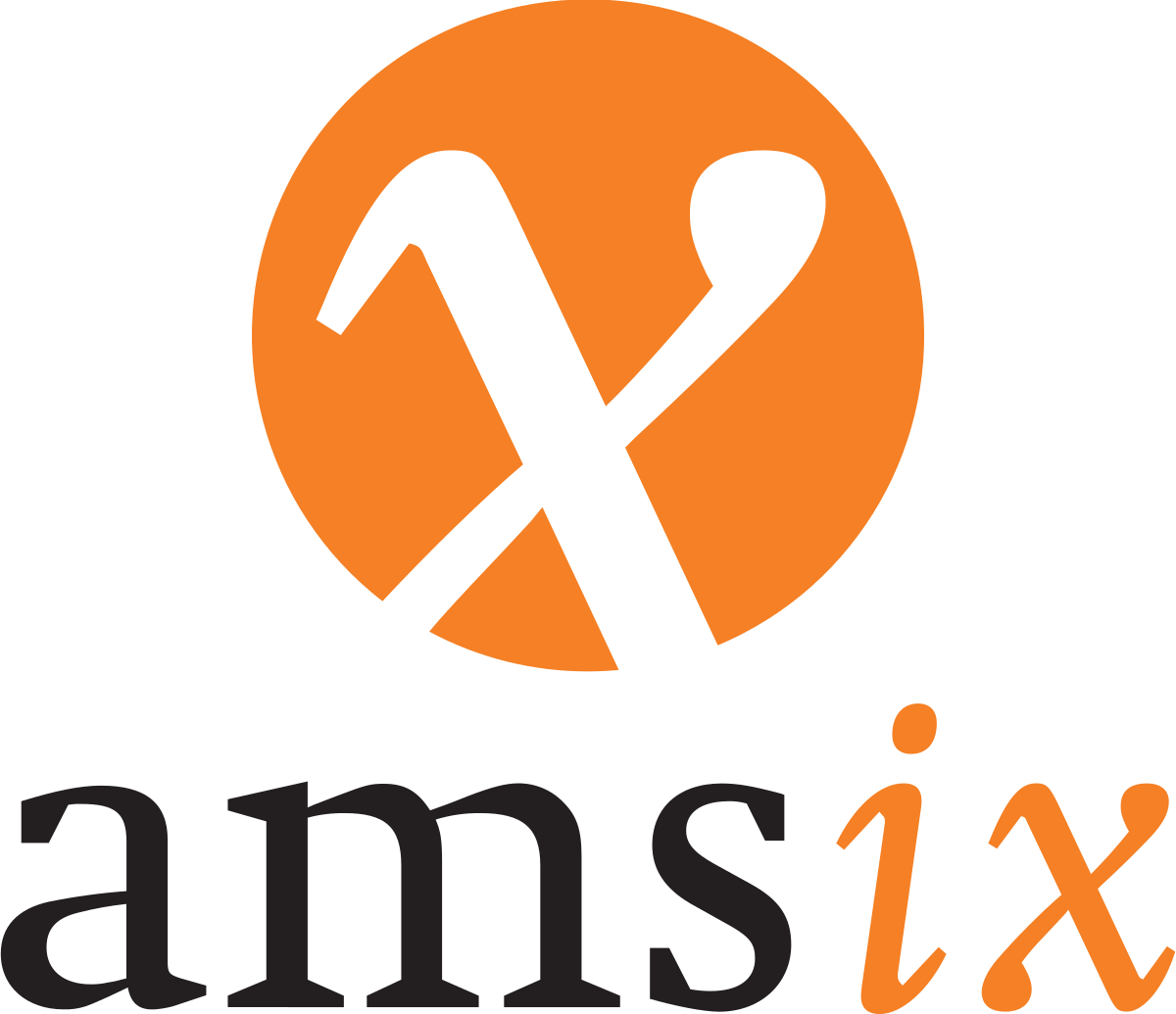Finding a balance between ‘abstract’ and ‘practical’
AMdEX has achieved many milestones between 2021 and 2023. We’re looking back on these results. This article describes our templates for data exchange archetype and policy.
Nina Verheijen worked at AMdEX as a research assistant. She researched creating data exchange archetype templates and data exchange policy templates. The language used was eFLINT, a domain-specific language for formalising law and policy. eFLINT enables specification of templates in a way that various sources of policies can be interlinked and turned into enforceable rules.
Which usecases did you research?
“Data exchange archetypes are standardised reusable models, that represent commonly used data exchange structures. I looked into current research and found 11 examples of archetype templates. I started from there with the usecases I had access to in my network. I needed usecases with information on how data is being exchanged, the flows of data, the parties involved and their respective roles. Examples of usecases I worked with are Smart Building, Smart City and Sharing Agricultural IoT data.”
“Some use cases did not fit the existing templates, and I developed three new ones that were more suitable for the use cases. These archetype templates are fairly simple and contain one compute event: one instance of an algorithm being applied to data. In real life there are of course multiple compute events, but the archetypes can be connected into a string, and together form one template.”
How did you create generic archetypes from specific user scenarios?
“Every data exchange involves data providers, algorithm providers, infrastructure providers and data consumers. That is the generic part. eFLINT already had some rules, such as ‘what is a consumer’ and ‘what is a provider’, so I continued to work with those.”
“The ultimate objective was to create a consortium building tool for the parties involved in AMdEX, helping them by making templates for certain data exchange structures. The consortium members would be able to pick and choose the templates that suited their situation, and not having to build everything from scratch.”
What were the main challenges and lessons learned?
“The templates were rather abstract and hard to comprehend for people. The challenge was finding a balance between the abstract and the practical. Another challenge was that not everybody was forthcoming about the policies they used in their data exchange. And, in the Netherlands, we do not use the same definitions for the same words in our laws and legislations. This is also the case in data exchange policies; different parties use different definitions.”
What are the recommendations for future research?
“There is a lot of room for improvement in the policy exchange templates. They are too abstract, and could be made more solid, more tangible.”
What is in the template library you created on GitLab?
“The repository contains a short introduction to archetypes in a data exchange, some general templates and some specific use cases. I have included a list with those use cases and a short explanation for each. There is a folder with conditions that contains eFLINT templates, and a reference to the white paper I used in my research.”
Text: Karina Meerman
Deliverables
Please visit: https://gitlab.com/eflint/data-exchange-templates









